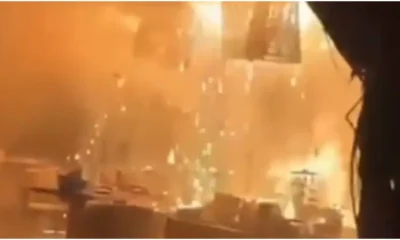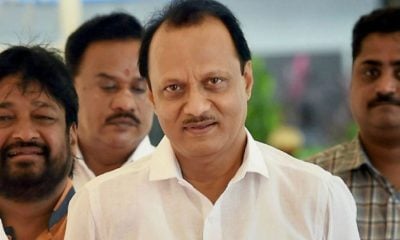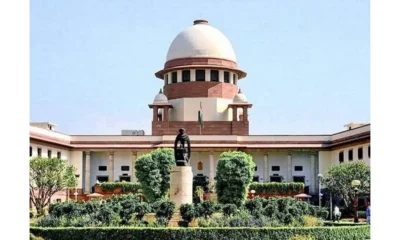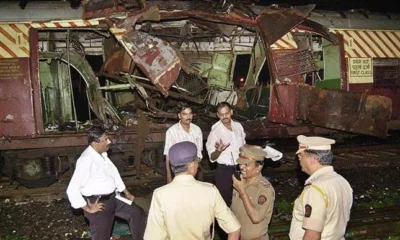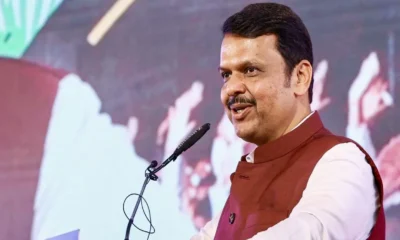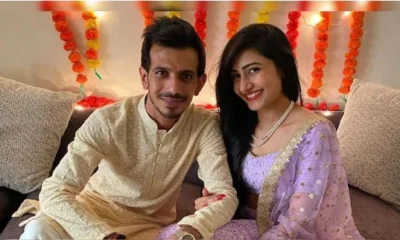The Bombay High Court today (Thursday, June 27) upheld the reservation granted to Maratha community in admission to educational institutions and appointments to posts in public services, but said the 16 per cent quota was “unjustifiable”.
The Maharashtra government had decided to provide reservation in government jobs and educational institutions to Marathas yielding to demands after violent agitation by the community through July and August last year. The movement was called by the Sakal Maratha Samaj, an umbrella body of Maratha groups.
A Bench of Justices Ranjit More and Bharti Dangre held that Maharashtra State Reservation (of Seats for Admission in Educational Institutions in the State and for Appointments to the Posts in the Public Services under the State) for Socially and Educationally Backward Category (SEBC) Act, 2018 (SEBC Act) is Constitutional.
However, the court cut down on the quantum of 16 per cent approved by the government on the grounds that it was not “justifiable”. It said that instead of the 16 percent reservation proposed by the State government, the reservation should be capped at 12 percent for jobs and 13 percent for admission to educational institutions as per the recommendation of the State Commission for Backward Classes.
Also Read: Home Minister Amit Shah reviews security, development works in Kashmir, meets family of slain cop
The SEBC Act was enacted pursuant to the recommendations of the State Commission for Backward Classes constituted under the Maharashtra State Backward Classes Commission Act, 2005 (2005 Act) and headed by retired judge, Justice MG Gaikwad.
The verdict came on a petition claiming that the Maharashtra government’s decision amounted to providing the Maratha community with “permanent crutches”. The petitioners also maintained that the reservation of 16 percent afforded to Marathas went against the ceiling limit of 50 percent prescribed by the Supreme Court judgment of Indra Sawhney v. Union of India.
The final arguments commenced on February 6, in the petitions filed by advocates Jaishri Patil, Sanjeet Shukla and Dr Uday Dhople along with others, challenging the notification published by the government on November 30, 2018, providing reservation to the community in government jobs and educational institutions.
The petitioners had contended that Supreme Court judgments mandate periodic revision of lists every ten years to exclude from such lists those classes which have ceased to be backward classes or for including in such lists new backward classes. The said exercise was not done.
They argued that the State Government has passed the SEBC Act on the basis of unquantified data and without revising the list in the light of the provisions of the existing list of backward classes.
The Gaikwad Commission report was also called into question for failing to adhere to the mandate of Indra Sawhney judgment and the Mandal Commission report.
Some of the petitioners had also contended that with the insertion of Articles 342A and 366(26) in the Constitution by way of Constitution (One Hundred and Second) Amendment Act, 2018, the power to identify and specify the socially and educationally backward classes came to be vested solely with the President and the Parliament. The 2005 Act, therefore, stood repealed by implication as it lost its existence as a result of the Constitution (One Hundred and Second Amendment) Act, 2018, the petitioners had stated.
Also Read: Haryana Congress spokesman shot dead in Faridabad near Delhi
The High Court upheld the Gaikwad Commission report and also ruled that the State government’s competence to enact the law is unaffected by the Constitution (One Hundred and Second) Amendment Act, 2018.
The court, as per media reports,said, “The state has legislative competence to give reservation to the socially and educationally backward class and the constitutional amendment of 2018 does not take away the said power of the state.”
The bench further said that the 50 percent ceiling of reservation can be crossed, when there exists extraordinary circumstances, which the state’s backward commission has shown in their report.
Also Read: Trump calls India’s tariff hike unacceptable, says will ask Modi to withdraw it
The state legislature had passed a bill granting 16 per cent reservation in education and government jobs for the Marathas, declared a socially and educationally backward class by the administration, on November 30 last year. This was supposed to be in addition to the existing 52 per cent overall reservation in the state, thereby raising it to 68 per cent.


 Latest world news17 hours ago
Latest world news17 hours ago
 Latest world news17 hours ago
Latest world news17 hours ago
 Latest world news17 hours ago
Latest world news17 hours ago
 India News17 hours ago
India News17 hours ago
 India News8 hours ago
India News8 hours ago
 Latest world news8 hours ago
Latest world news8 hours ago
